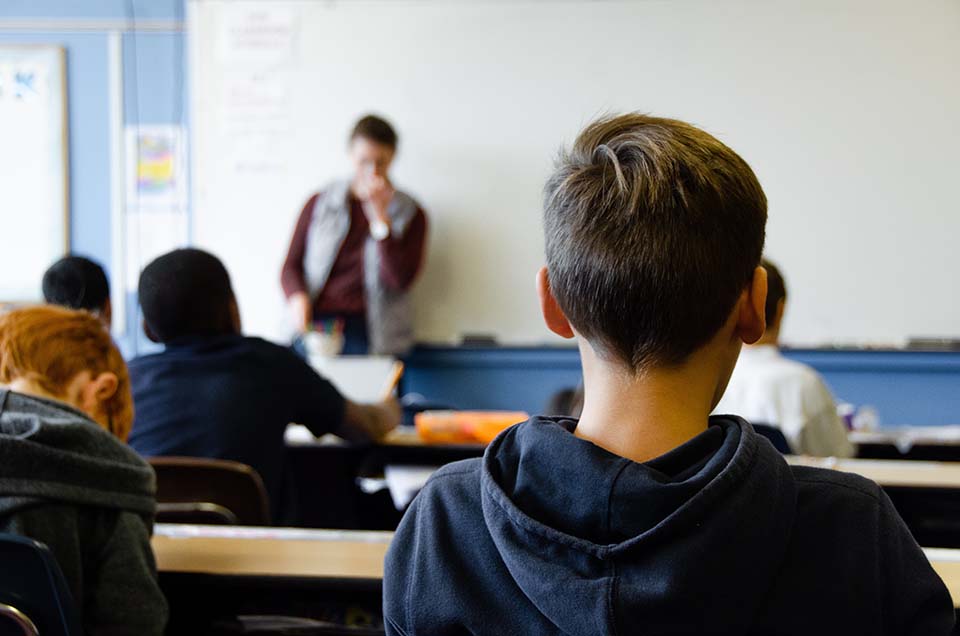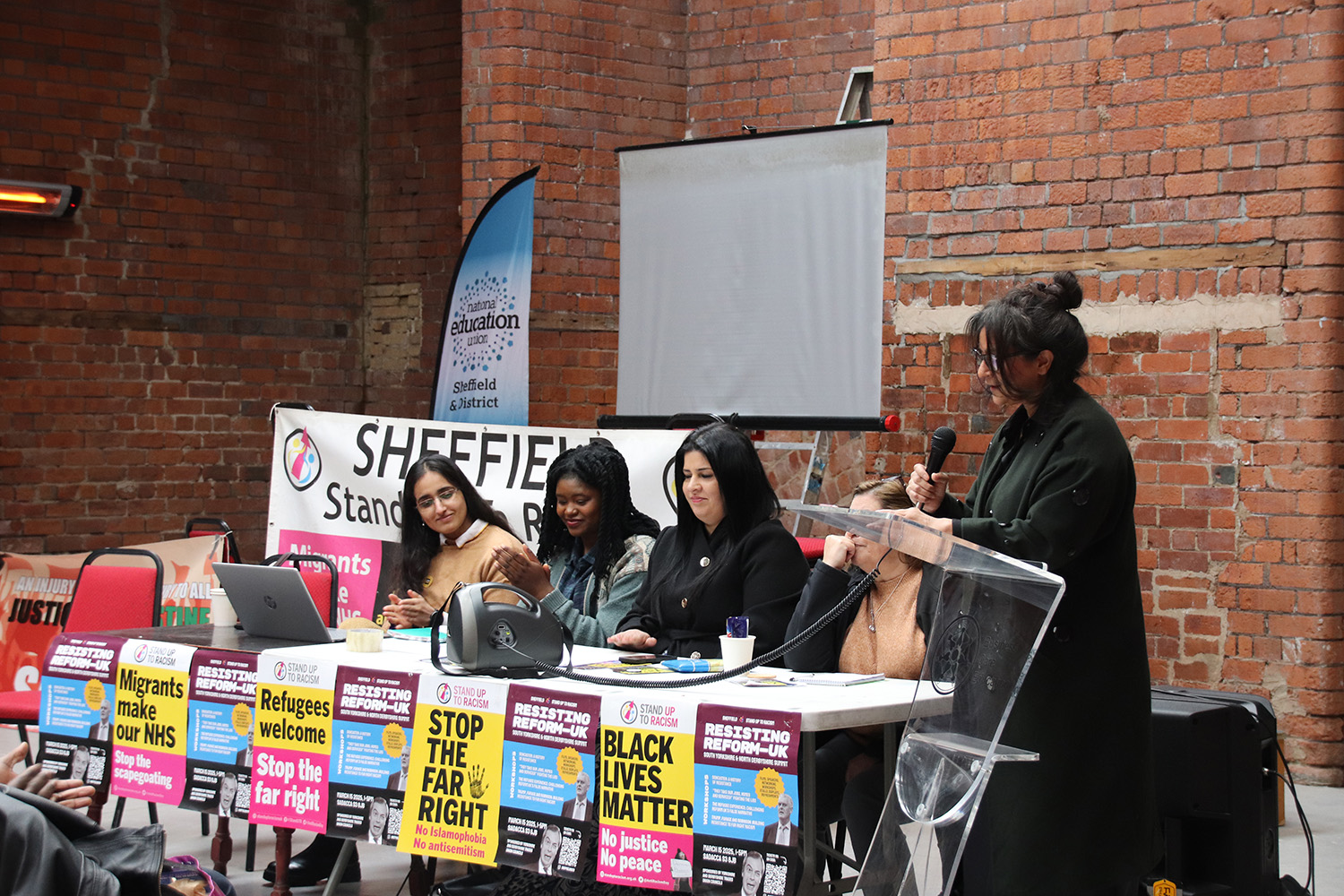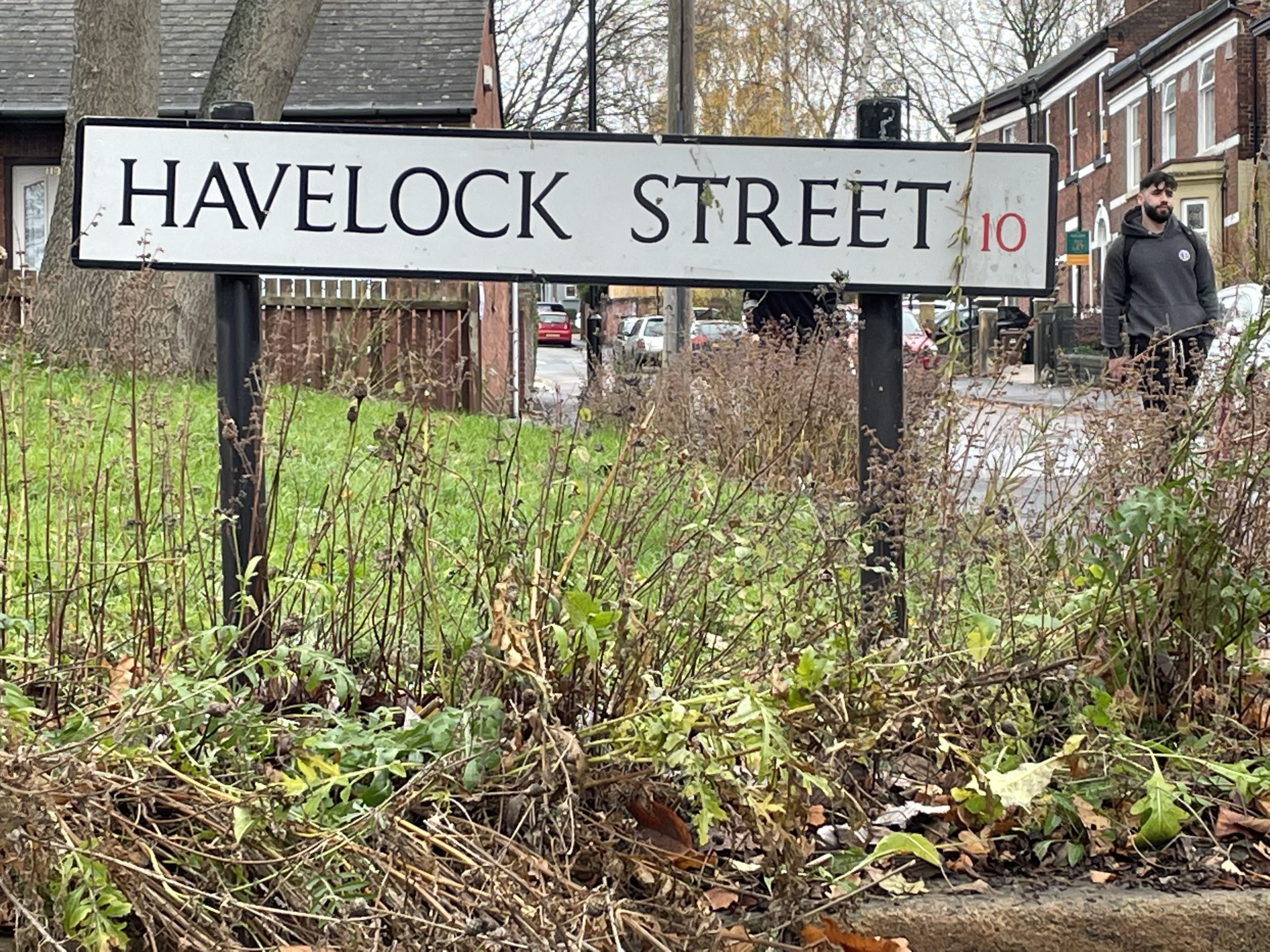Some parents and teachers are criticising a proposed ban on primary school expulsions, saying that sometimes it takes being expelled for a child to get the help they need.
The Commission on Young Lives proposed an end to “exclusion culture” in a report by a group of experts published on April 29. The report noted a rise in expulsions in recent years and the damaging effect being expelled can have on a child. For example, 59% of permanently expelled children have been cautioned or sentenced for an offence.
The report, ‘All Together Now’, calls for a ban on primary school expulsions from 2026. It also wants additional provisions to support students who are struggling in school. It draws attention to the fact that children of an ethnic minority or with special educational needs are disproportionately excluded.
At five years old, Kathryn Bickerstaffe’s son, Leon, was excluded from school and was assessed for autism within six months. He was diagnosed with Asperger’s Syndrome and then went to a special needs school. They worked with him to rebuild his self-esteem, and over time he went back into the mainstream primary school. The entire process took about a year, which Kathryn feels is drastically better than the current “underfunded, failing system”.
 Kathryn, from Manchester, said she feels some teachers see children with special needs as all the same, as at her son’s first primary school.
Kathryn, from Manchester, said she feels some teachers see children with special needs as all the same, as at her son’s first primary school.
She said: “They would tell me that he wasn’t allowed into school for trips because of his behaviour. Three other pupils were stopped from going on the trip too, but they were allowed to come into school. I was told that my son had to stay at home. I felt this was discriminatory.”
Kathryn said she knew the school couldn’t meet his needs but felt his exclusion was badly handled. They phoned her at work to tell her he was being excluded and, after visiting the school, she left feeling “patronized and angry.”
However, looking back, she said she appreciated how difficult it must have been for them and thinks being expelled was much better than keeping her son at the wrong school in the name of inclusion.
He was later sent to a special needs school: “He was lucky because he went to an amazing special school who worked with him and helped him. They fully understood his needs. They also supported him back into a different mainstream primary school.”

“I wish that every child had the support that my son received.”
Graham Chatterley is a former headteacher who now advises teachers on how to help children with special needs. He also has two children with extra behavioural needs in school himself.
 He said that while the ban on primary school exclusions was good in theory, it wasn’t realistic and was too simplistic.
He said that while the ban on primary school exclusions was good in theory, it wasn’t realistic and was too simplistic.
“It becomes a very binary debate. One side is we want to ban exclusions, and the other side is those children who bring a knife to school.”
Graham said that it was far too easy to jump straight to expulsion: “The rate of exclusions is far too high. We need to do better. There is too much zero tolerance, and not enough incidents are given the context they need.”
He said a blanket ban was “too simplistic for a very complex area. People want it to be simple, but it isn’t. I don’t think that discussion about banning all exclusions in primary schools is helpful.
“We need to reduce exclusions for persistent disruptive behaviour, not for big incidents like assault. Those need to be dealt with differently.”
One of the things the report mentions is better support for children with behavioural issues, and he said this is a great thing to look at.
“When you scratch beneath the surface, you find that there is trauma, attachment issues, ADHD, and sensory processing…there are many underlying and undiagnosed things. The way you get a diagnosis is that the children need to fit into boxes. Children who have complex needs and a mix of different things often they don’t fit into those boxes. It is hard to get a diagnosis for these, and they are expressed through behaviour in a negative way,” said Graham.
The bulk of permanent expulsions are for persistent disruptive behaviour, accounting for 34% of expulsions from school.
He said children need to be taught a better way of behaving, and teachers should show them how to learn from their mistakes in a constructive way.
“When it comes to these rigid systems, the behavioural mistakes have a consequence of expulsion, and you don’t have the child to do all the teaching, to learn a better way.”
Graham acknowledged that sometimes expulsion is needed: “I have worked with many good, very inclusive headteachers where exclusion is a last resort, but it becomes the only thing they can do to get the things required for that young person.”
Speaking from a parent’s perspective, he said it can be a relief when a child gets the help they need: “You just spend your life fighting all the time, and for some, it is a relief, in the end, to get the child in a provision where they get the support they need.”
However, he explained that being expelled causes “so much damage to self-esteem and wellbeing.”
While Kathryn’s son managed to get back into the central primary school, Graham said the success in turning children around and getting them back into mainstream school isn’t what it should be.
Both Graham and Kathryn emphasize the lack of school resources and staff skills, and Graham said: “The system’s funding is absolutely scandalous.”
Anne Longfield, Chair of the Commission on Young Lives, who led the report suggesting a ban on exclusions, said: “These are the young people at the sharp end of an education system which has not always prioritized the needs of vulnerable children, and one that I believe could and should be transformed to ensure all children can succeed.”
Local Government Association (LGA) research reveals a funding gap of almost £500 million for council funding for children with additional needs in education. The government has issued additional funding to fill this gap, but the LGA says this isn’t enough.
Funding pressures on mainstream schools, a rise in the number of pupils, and overwhelmed staff have led to schools struggling to provide children with special needs the help they need and see expulsion as the only way.




